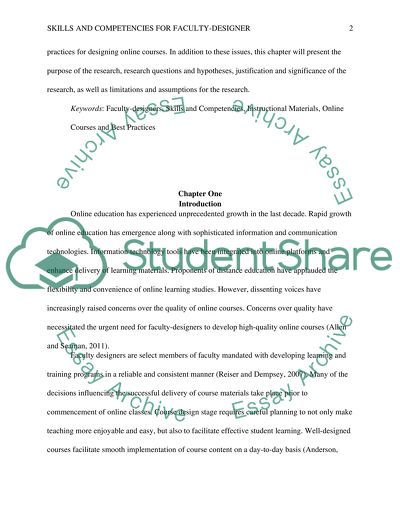Cite this document
(“Chapter One including the abstract Dissertation”, n.d.)
Chapter One including the abstract Dissertation. Retrieved from https://studentshare.org/education/1489997-chapter-one-including-the-abstract
Chapter One including the abstract Dissertation. Retrieved from https://studentshare.org/education/1489997-chapter-one-including-the-abstract
(Chapter One Including the Abstract Dissertation)
Chapter One Including the Abstract Dissertation. https://studentshare.org/education/1489997-chapter-one-including-the-abstract.
Chapter One Including the Abstract Dissertation. https://studentshare.org/education/1489997-chapter-one-including-the-abstract.
“Chapter One Including the Abstract Dissertation”, n.d. https://studentshare.org/education/1489997-chapter-one-including-the-abstract.


